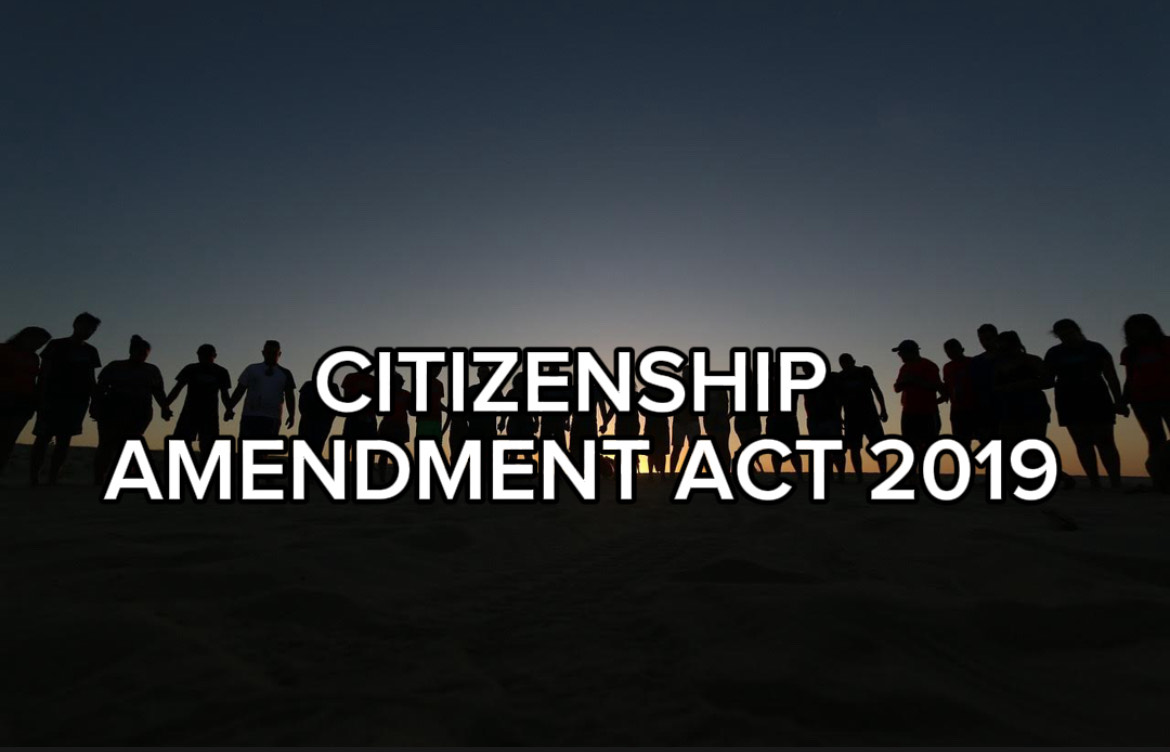CAA in India: A Complex Intersection of Citizenship, Religion, and Secularism

Mr. Amit Shah has declared that “CAA will be implemented before the 2024 Lok Sabha elections.” With that Serious debates will begin everywhere in India. However, we must first comprehend what the CAA is in order to engage in the conversation. This blog provides comprehensive information about the CAA Act.
CAA
The Citizenship Amendment Act (CAA) passed by the Indian Parliament in December 2019 has been a subject of intense debate and controversy, sparking widespread protests and discussions across the country. At the heart of the controversy lies a complex intersection of citizenship, religion, and secularism in India. In this blog post, we will delve into the details of the CAA, its implications, and the broader societal and political context surrounding it.
Understanding the CAA:
The Citizenship Amendment Act is an amendment to the Citizenship Act of 1955, which provides the framework for citizenship in India. The CAA specifically targets migrants from Afghanistan, Bangladesh, and Pakistan who belong to six religious minority communities: Hindu, Sikh, Buddhist, Jain, Parsi, and Christian. It offers expedited citizenship to members of these communities who entered India before December 31, 2014, due to religious persecution or fear of persecution in their home countries.
The Controversy:
The controversy surrounding the CAA stems from several factors. Firstly, critics argue that the act violates the secular principles enshrined in the Indian Constitution by explicitly favoring migrants of certain religions while excluding Muslims. They contend that this selective approach to citizenship based on religion undermines the foundational values of India as a secular and inclusive democracy.
Furthermore, opponents of the CAA raise concerns about its potential implications for India’s Muslim minority. They fear that the act, coupled with other government initiatives such as the National Register of Citizens (NRC) and the proposed National Population Register (NPR), could lead to the marginalization and disenfranchisement of Muslim citizens by creating a two-tiered system of citizenship based on religion.
On the other hand, supporters of the CAA argue that it is a humanitarian gesture aimed at providing refuge to persecuted religious minorities from neighboring countries. They contend that the act is not discriminatory but rather seeks to right historical wrongs by offering protection to vulnerable communities facing persecution in the region.
Political and Societal Context:
The debate surrounding the CAA is deeply intertwined with the broader political and societal landscape of India. The ruling party, the Bharatiya Janata Party (BJP), has championed the CAA as a key component of its agenda to assert a Hindu nationalist vision of India. The party’s rhetoric has often portrayed Muslims as outsiders and emphasized the need to protect the interests of Hindus, contributing to a polarized and divisive discourse on citizenship and identity.
The passage of the CAA has also galvanized opposition parties, civil society organizations, and activists who see it as a threat to India’s secular fabric and pluralistic ethos. Protests against the act have been widespread and diverse, mobilizing people from all walks of life and reflecting a growing sense of concern about the direction of the country under the current government.
Conclusion:
The Citizenship Amendment Act represents a complex and contentious issue at the intersection of citizenship, religion, and secularism in India. Its passage has ignited fierce debates and raised fundamental questions about the nature of citizenship and the principles that define the Indian nation. As the debate continues to unfold, it remains crucial for Indian society to engage in constructive dialogue and uphold the values of inclusivity, equality, and secularism that are enshrined in the Constitution.



